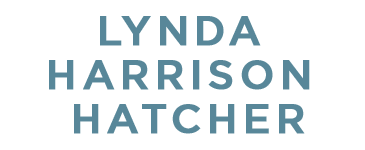Rainy Day Writing
Yesterday’s deluge was the perfect white noise for hunkering down on my porch and getting into the writing zone. After a long day on both of our computers, Constance and I gave the keyboards a rest and re-read some of the work we’re doing on the book. She laughed (out loud) at this tennis court scene, so I’m sharing. We’ve all been on the other side of that net.
* * *
You know that automatic ball machine on the tennis court? That’s how my life felt. And the yellow balls keep firing from the chute, blinding and blistering. And some are lobs, and some drop shots, and some smack me in the head. And they keep coming. And dammit, I’m wearing flip-flops and all I’ve got is the wooden Chris Evert racquet I had in eighth grade.
Pat took a deep breath, like a patient guide setting out on a long journey over terrain she’d covered many times before. With nowhere else to turn, I’d surrendered to her. Even though I couldn’t read her map yet, I would have followed her anywhere. And in the weeks to come, Pat’s office would become the safest place I knew.
Probably because Pat was in it.
